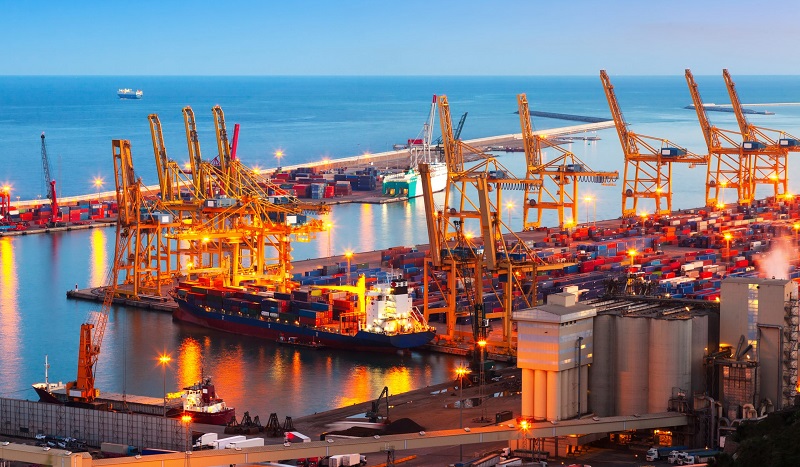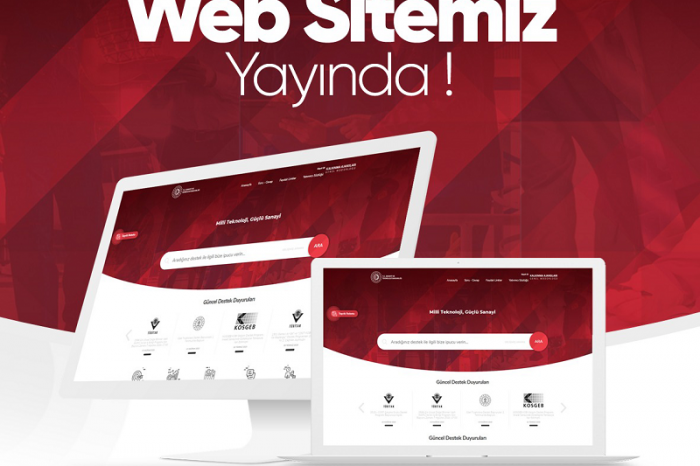Macro opportunities in micro exports


According to the founder of Ticimax E-commerce Systems Cenk Çiğdemli, who pointed out that a period of uncertainty in which the economies of the countries are contracting all over the world with the effect of the Covid-19, the trade wars have also spread to the online front. For this reason, it is important for SMEs to turn to micro export. Drawing attention that online sales abroad dropped from 11% to 4%, Çiğdemli gave the following information:
“In the first half of 2020, e-commerce volume increased by 64% compared to the same period of the previous year and reached 91.7 billion TL. Total volume of e-commerce was realized from domestic spending by 91%, online shopping of Turkey from other countries by 5% and other countries’ online shopping from Turkey by 4%. This year, with the impact of the pandemic, there was a serious decline in cross-border e-commerce. According to the Ministry of Commerce’s first half figures, online sales from Turkey to abroad was 11% in 2019, this rate fell to 4%. In this process, it is possible for SMEs to gain advantage by turning to e-export channels, which we call micro export. Micro exports are also a way to turn the exchange rate differentials into an advantage. The difference in exchange rate actually offers advantages as well as disadvantages for SMEs engaged in production. If the invoice amount of sales you make from Turkey to abroad is below 15 thousand € and the goods weigh less than 300 kilograms, it can be exported as micro exports. All procedures on the Electronic Commerce Customs Declaration (ETGB) system are carried out by authorized cargo companies. VAT refunds can be received after micro export transactions made with the ETGB system. Membership fees of those who want to sell in global market places such as Alibaba and Amazon are covered by the state. It is also an advantage that there is no customs declaration issued for micro exports. ETGB is organized online instead of customs declaration and there is no need for a customs consultant as in conventional exports. Since you sell directly to your individual customer, you can also benefit from B2C customs clearance tax exemptions in your customer’s country. There is no need for bank guarantees as in conventional exports. To get paid, it is enough to agree with payment institutions that your e-commerce infrastructure company will direct. The risk rate is also low, as many and high-volume products are not sent. For companies that want to make micro export, we offer many solutions with many e-export modules we have developed in our R&D center at BÜDOTEK Boğaziçi University Technopark.”











